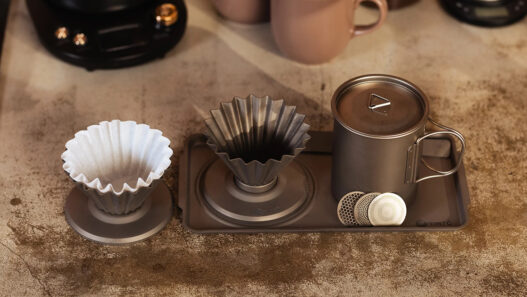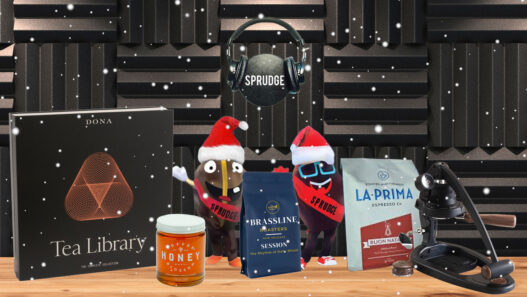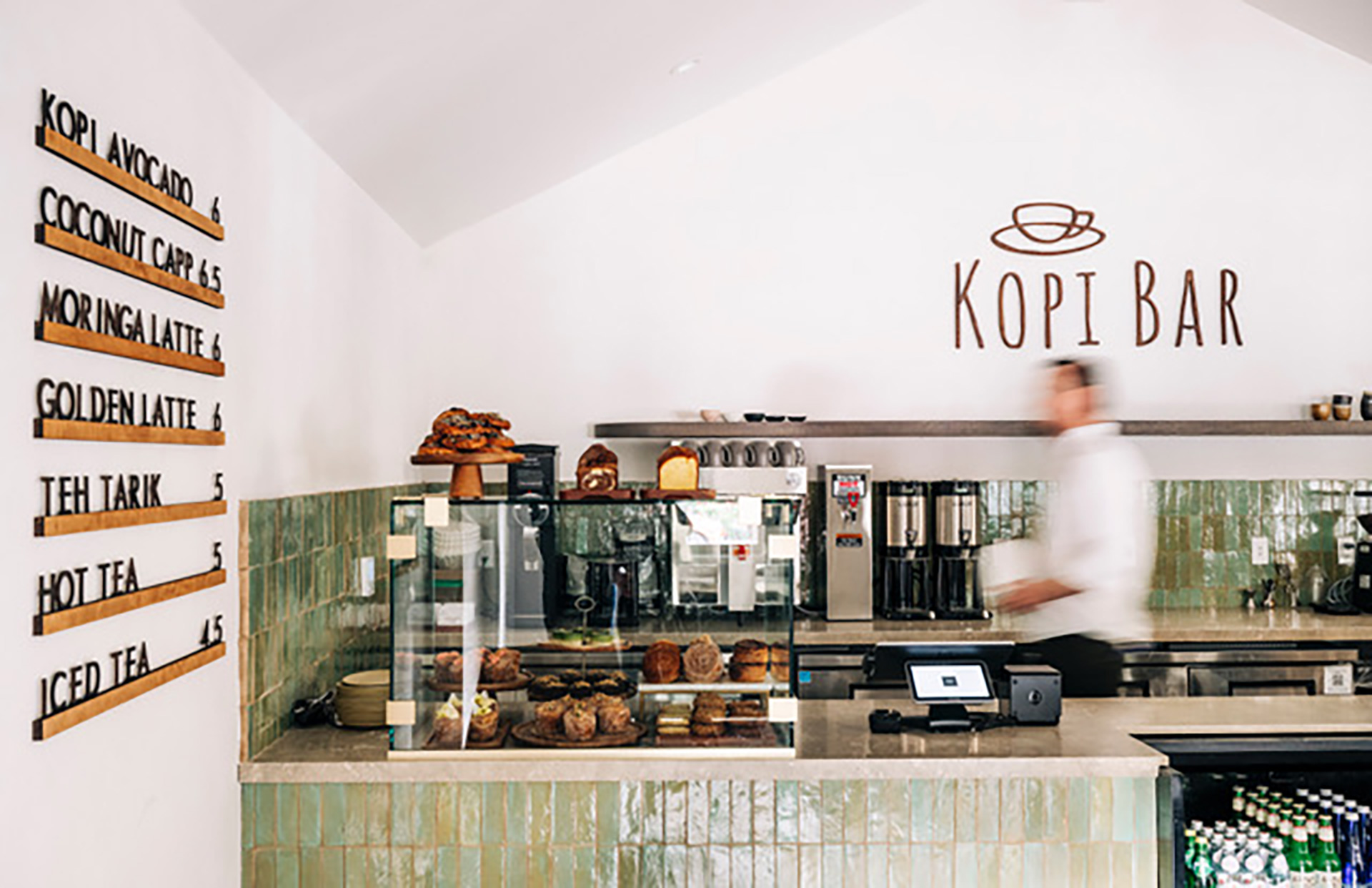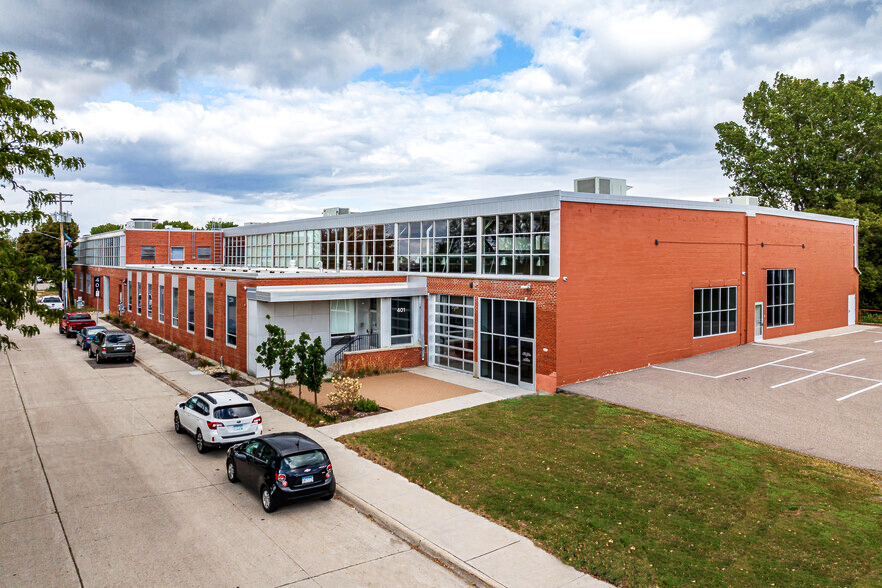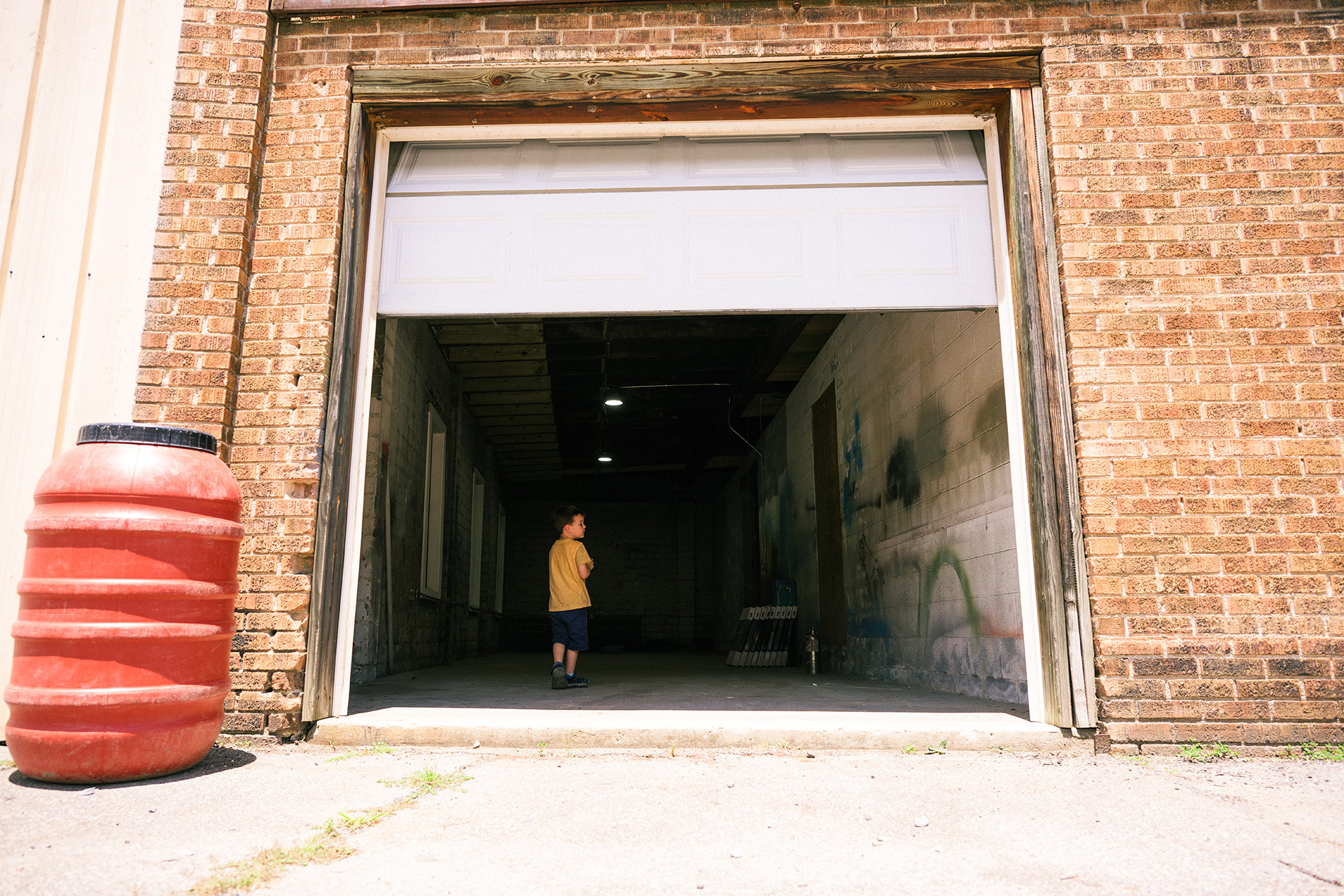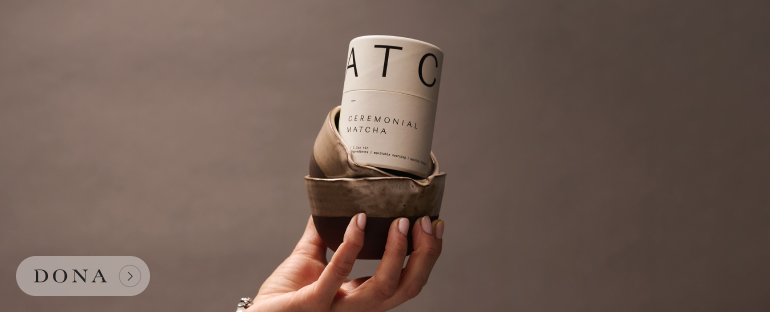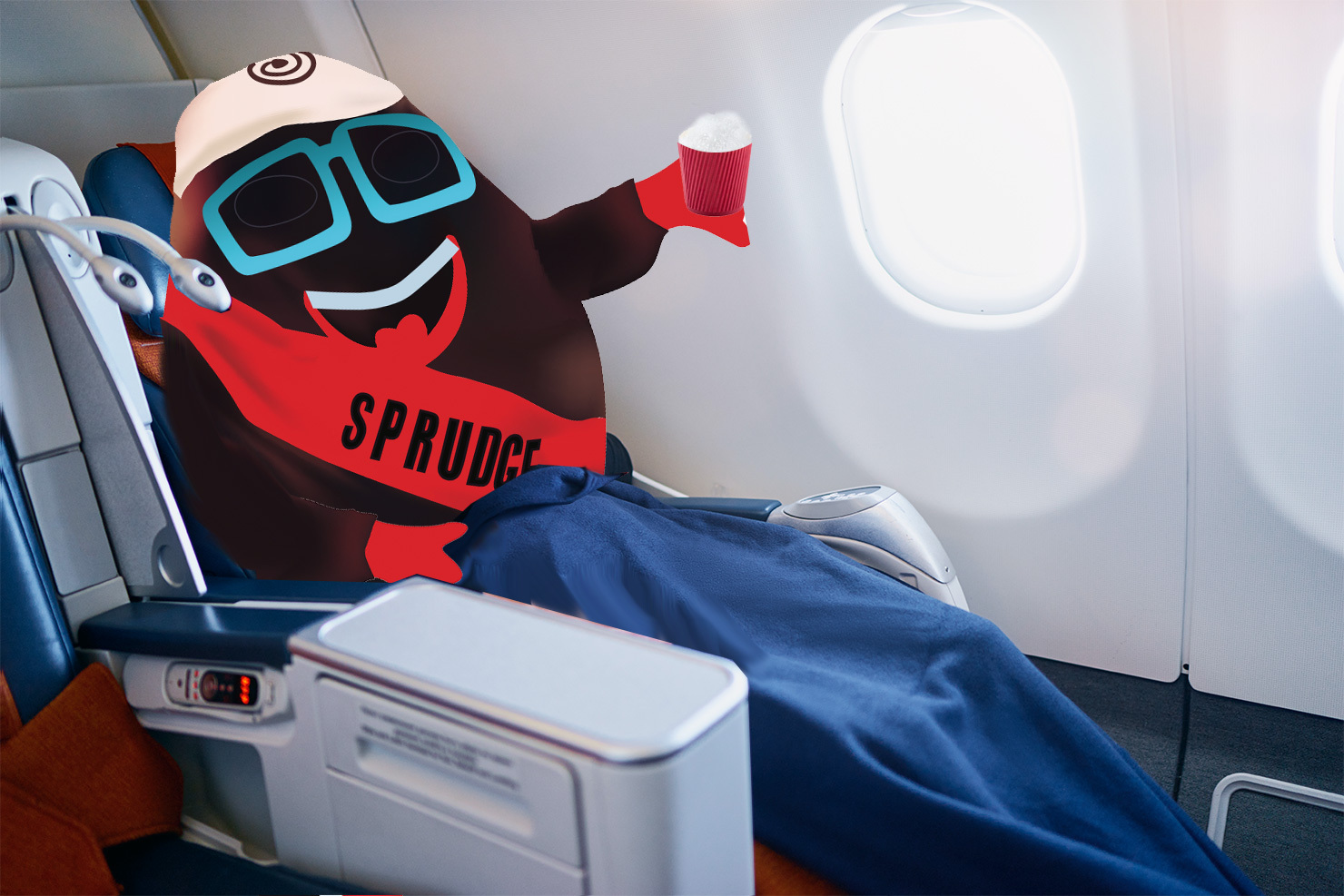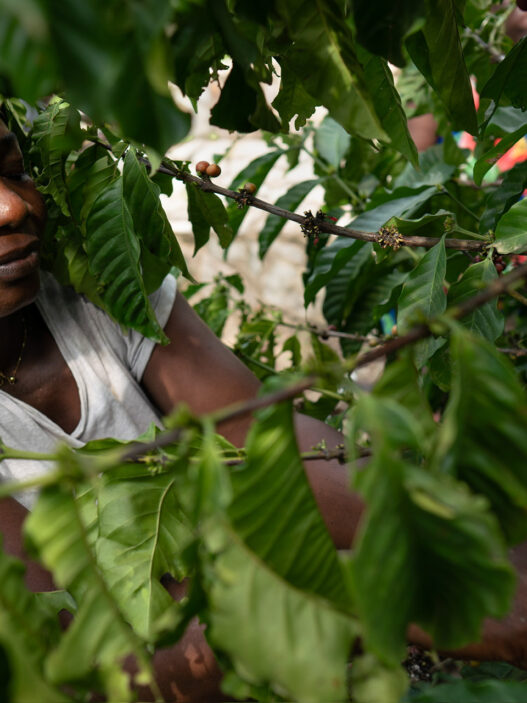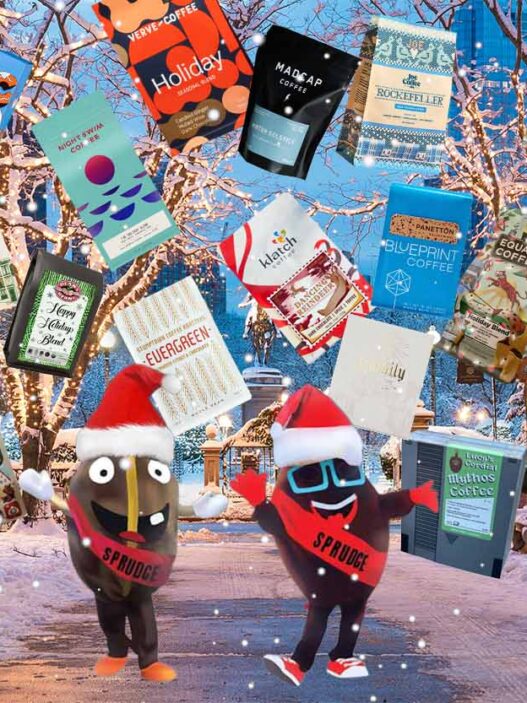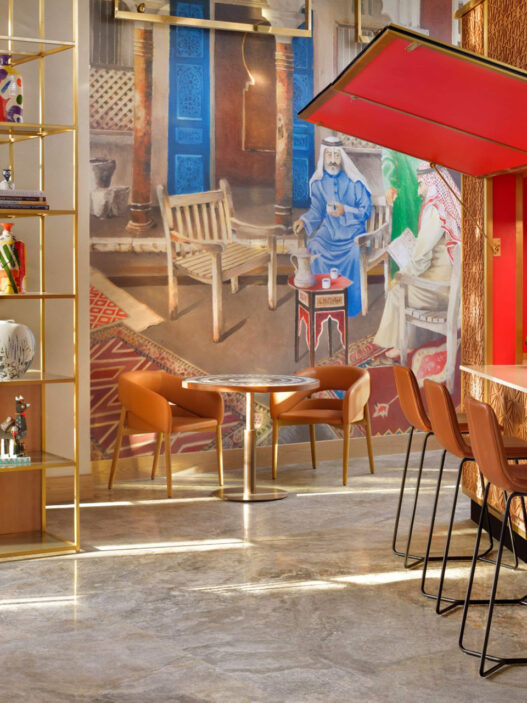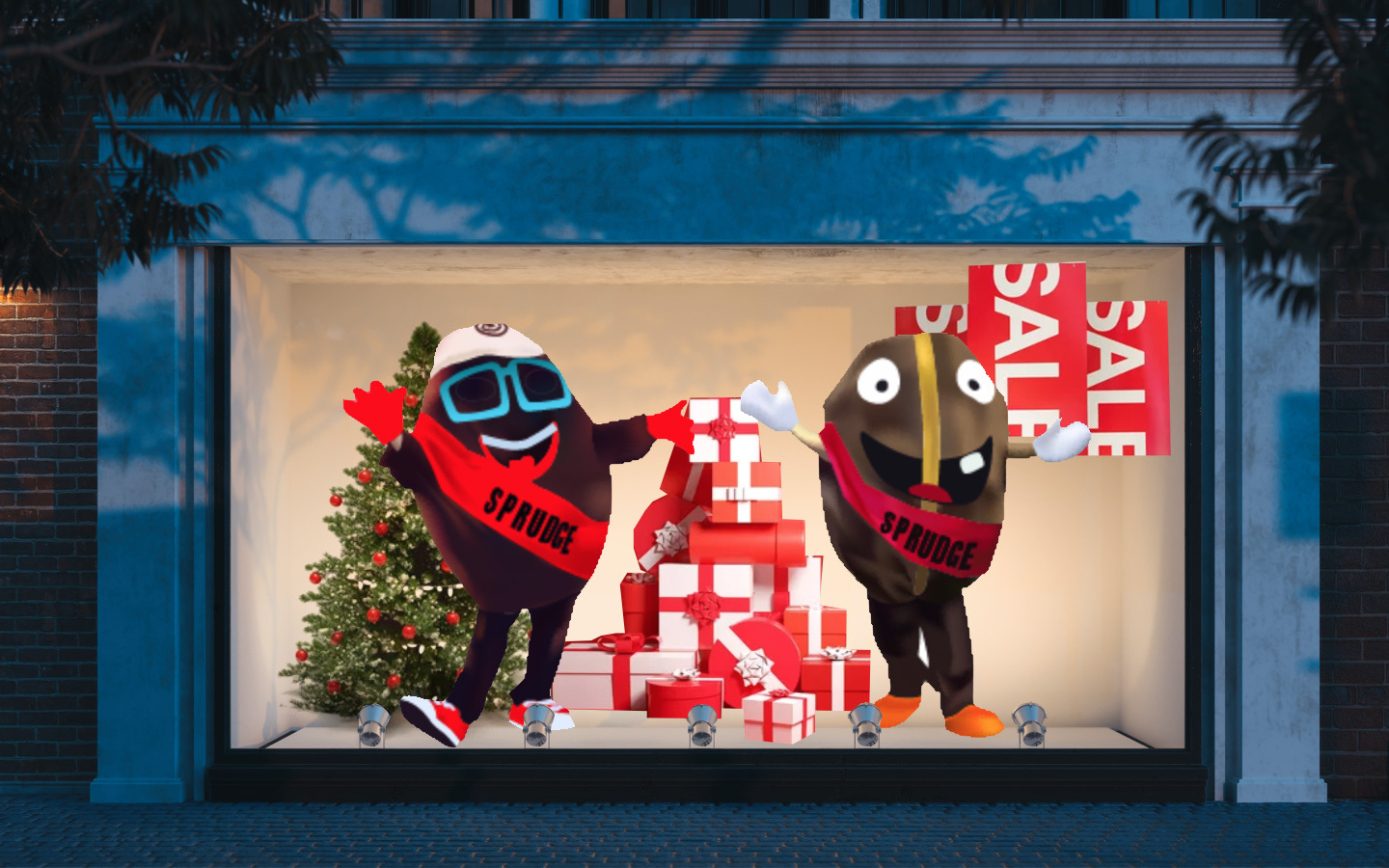For many coffee enthusiasts, the appeal of Indonesian coffee beans is hardly news—the term “Java” is synonymous with coffee, and comes from the Indonesian island that’s home to the city of Jakarta. But Indonesian-style cafes—and intricate coffee drinks that put these fine coffees in the forefront—are only now stepping into the limelight in the U.S.
Kopi Jahe? Jus Alpukat? You’ll be sipping on them soon enough.
Specialty and niche coffee focusing on a single region or a country have been, for the last few years, a small-yet-persistent trend—both in direct-to-consumer brands and brick-and-mortar coffee shops. Take, for example, the Yemeni coffee mini-wave experienced by the Bay Area recently, or the growth of Vietnamese coffee in America and the rising mainstream popularity of Vietnamese coffee drinks.
In the case of Indonesia, the trend is two-fold; featuring drinks with avocado, ginger, coconut sugar, pandan, and other ingredients, Indonesian coffee shops are popping up everywhere from San Francisco to Washington DC, coloring outside the lines and fiercely covering new ground in cities with outstanding coffee scenes. These cafe owners also take special pride in sourcing coffee from the country that originated these special flavors and interesting combinations. “Surprise and curiosity,” says chef Nora Haron of Kopi Bar, when asked how customers respond to Indonesian drinks on her menu. “Many are intrigued by the unusual combination of coffee and avocado, wondering how the flavors will blend together.”
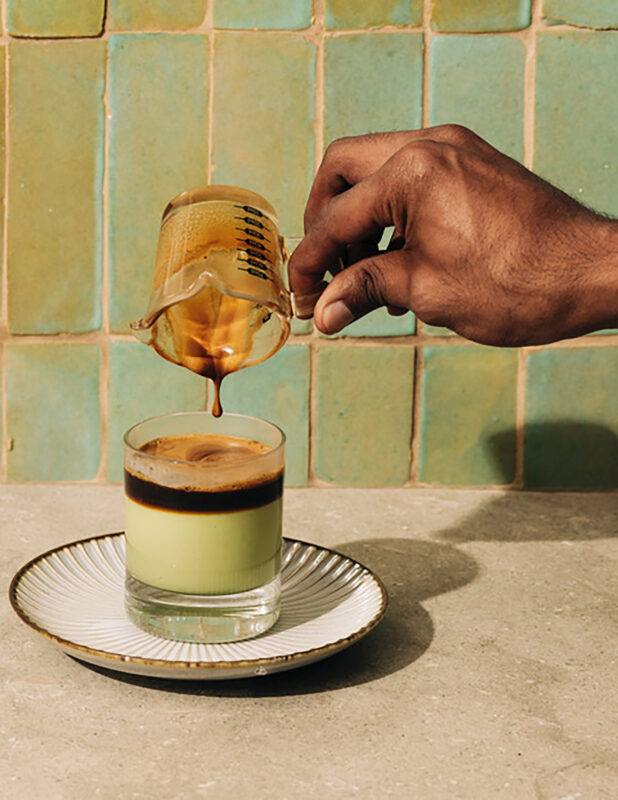
Her shop’s best seller is the soft green-hued Avocado Kopi, an espresso drink prepared with fresh avocado. This is Haron’s version of Jus Alpukat, a coffee-avocado shake that’s popular in Indonesia, and has a growing following on social media. Haron opened Kopi Bar in Walnut Creek back in 2023, adjacent to her full-service Indonesian restaurant, SanDai. She serves a mix of classic and familiar drinks prepared with Indonesian beans exclusively, and specialty drinks that capture the customer’s adventurous side—like the Coconut Cappuccino, made with coconut milk, and Teh Tarik, a hot milk tea from Malaysia, which is widely popular in Indonesia as well.
Like Kopi Bar, coffee shops around the country are offering now the electric-green coffee, as well as other Indonesian specialties; in San Francisco, Kopiku, which opened shortly after Kopi Bar in the lively Marina neighborhood, serves, among other options, Pandan Matcha and Iced Kopi Gula Aren, made with palm sugar ubiquitous in Indonesian cuisine. In L.A, Nonato’s, a nomadic coffee project, pops up at festivals and boutiques with Es Doger—an Indonesian shaved ice drink made with coconut milk-based shaved ice and pandan syrup. In Scottsdale, AZ, Chill Kopi offers colorful latte drinks made with coffees sourced from Indonesia.
Despite a steady increase in Indonesian students coming to study in the U.S, the Indonesian-American community is relatively small. According to a report by PEW Research Center, the U.S Indonesian population was estimated at roughly 129,000 in the year 2019, with many of these immigrants residing in L.A and NYC metropolitan areas. The Indonesian coffee shop trend is similarly small, compared to, say, the booming Korean-American cafe scene in LA, or the many Colombian coffee bars in New York. But it argues compellingly for itself all the same, and has been successfully introducing, stateside, a culture that’s been vibrating on a high frequency in Indonesia for years.
“I think Indonesia has been well-known for its coffee for quite some time,” says Vivit Kavi, the co-owner (with husband Irfan Ihsan) of the five-year-old DUA in Washington DC. “However, people are starting to recognize Indonesian specialty coffee more because they’re becoming aware of the connection between ethical farming practices and the quality of the products it produces.”
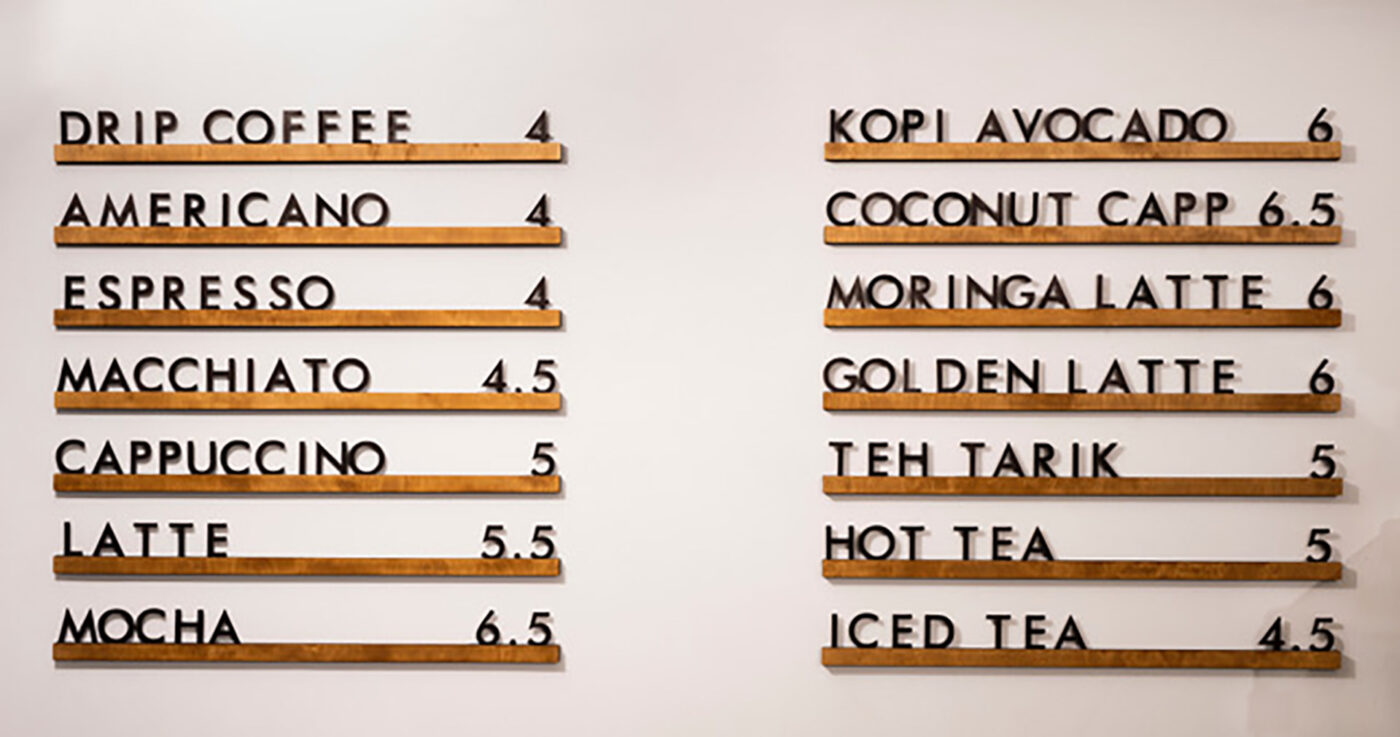
The two moved to the DC area from Jakarta over 20 years ago, and originally opened DUA as a franchise of a successful Indonesian chain, but became independent later on. Upon moving to the U.S, Kavi says, the two discovered a gap in Indonesian coffee offerings for consumers. DUA has strived to do things differently, first by partnering with sustainable small Indonesian roasteries like Klasik Beans, Wanoja Coffee, Java Frinsa Estate, and Lopo Coffee, and then by matching the nuanced flavors of Indonesia’s distinct coffee regions of the different regional beans—Sumatra’s nutty and spicy notes, West Java’s tropical flavor—with the right drinks on the menu.
In addition to drip, pour-over, and espresso, DUA also offers Brown Aren Latte, which uses organic coconut palm sugar originating from East Java. “We recommend it for die-hard brown sugar latte fans,” Kavi says. There’s also an Oat Pandan Cold Brew and the Kopi Susu, which, according to Kavi, is incredibly popular in Jakarta. “People think it’s similar to Vietnamese coffee because of the sweetened condensed milk added,” she says, “but the main distinction is that ours is a latte and made with Arabica beans so the espresso balances really well with the condensed milk and gives it a creamy sweetness that isn’t overpowering.”
The added curiosity of tasting unique ingredients and the look and feel of the novelty drinks helps drive the point home; at Kopi Bar, the best-selling Kopi Avocado is a great example, combining high-quality Indonesian coffee with the familiar, creamy taste of avocado. “The coffee provides a deep, slightly bitter note, while the avocado adds a smooth, velvety texture and a subtle sweetness,” says Haron. “Those who try it often find themselves pleasantly surprised by the balanced flavor, noting that it’s a delightful departure from traditional coffee drinks.”
At Scottsdale’s new Chill Kopi, couple Flo and Zach Harder are hoping to get similar responses from their growing customer base, which gravitates towards the coffee shop’s iced, colorful drinks named Bali Blues and Kopi Cream. All the drinks are made with top-tier Indonesian beans, which, Flo Harder says, translate to a velvety mouthfeel and earthy tones, thanks to their proximity to the landscapes’ volcanic ash and agriculture.
Growing up in Jakarta, coffee has always been a part of Flo’s life—from watching her father consume his daily dose of caffeine over the morning newspaper, to spending days in local coffee shops. The couple, who met in Arizona, got married in Bali and spent their honeymoon exploring. “The coffee culture in Indonesia is contagious,” Flo says. “Everything from the customer service, presentation, and decor represents what we’ve experienced every time we go to Indonesia.”
“Indonesia has a long history of coffee cultivation dating back to Dutch colonial times,” chef Nora Haron notes. “This heritage adds a layer of authenticity and story, which appeals to U.S. consumers who value origin and narrative in their specialty coffees.” It helps that these coffees are delicious and steeped in culture.
Flora Tsapovsky is a food and culture writer based in San Francisco. This is Flora Tsapovsky’s first feature for Sprudge.






